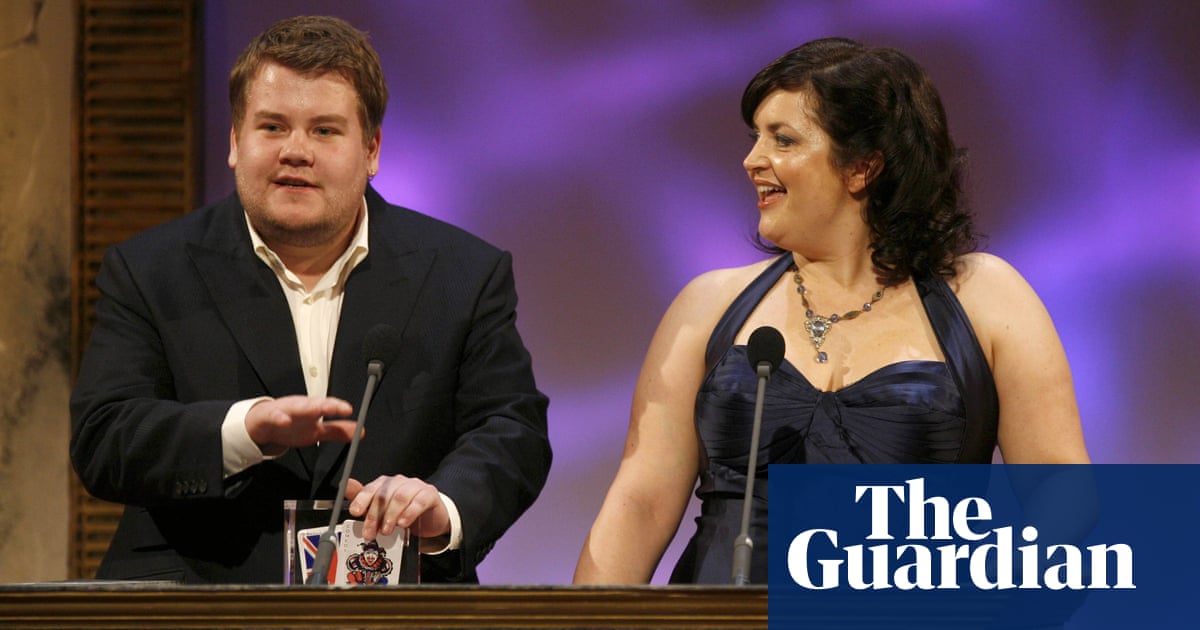
European presidents and prime ministers meet for a landmark summit on Thursday and Friday that will shape the continent until at least 2024. The meeting will focus on the bloc’s future strategic agenda, but the most difficult business will be carving up top EU jobs, with a transition of power underway in Brussels.
Up for grabs are key posts including the European Central Bank chief, European Commission president, and foreign and security policy supremo. With Mario Draghi, Jean-Claude Juncker and Federica Mogherini, respectively, all leaving office, new postholders are scheduled to be in place by Nov. 1.
But there is a battle royale ongoing to find their replacements, and also for a successor to European Council President Donald Tusk, with his replacement scheduled to be in post on Dec. 1.
This is leading to a European version of “Game of Thrones,” with key countries, including traditional allies on EU affairs, Germany and France, at loggerheads. Take the example of the European Commission president role, widely seen as the most important in Brussels. MEP Manfred Weber is the favored candidate of fellow German national Angela Merkel, and he has the backing of many in that legislature. This is because the European Parliament forged an agreement five years ago that the choice of candidate should be nominated by the voter bloc that secures the most seats in the Parliament. While national governments have ultimate power over the appointment, the legislature’s voice was louder than ever on the important decision in 2014 to select Juncker.
Weber is the choice of the right-of-center European People’s Party (EPP), which emerged as the largest single party in last month’s elections, albeit with a reduced number of seats. Those not happy with Weber include France’s Emmanuel Macron, Spain’s Pedro Sanchez, and Greece’s Alexis Tsipras. They favor considering other candidates, including the EU’s Chief Brexit Negotiator Michel Barnier (a fellow Frenchman to Macron), outgoing EU Competition Commissioner Margrethe Vestager (a Dane), and outgoing Vice-President of the European Commission Frans Timmermans (a Dutchman).
Summing up the issues facing the EU, Tusk has remarked that they are perhaps the "most dangerous ever"
Andrew Hammond
Part of the reason for this intense politicking over the selections, which may mean that not all or indeed any postholders are finalized this week, is the choppy waters that the bloc is facing. Storm clouds are gathering not only from the Brexit talks, but also Italy’s Euroskeptic coalition government and the populist surge in Eastern Europe, including Hungary and Poland, which many prime ministers and presidents think means the next cohort of postholders must be the very best-qualified people for the job, rather than the beneficiaries of political horse-trading.
This underlines the wild five years that the bloc has just gone through, which led to Juncker’s repeated warnings that “the fragility of the EU is increasing.” This includes the expected endgame of the Brexit negotiations, which will come to a head again this autumn, with growing indications that the UK could leave without a deal, especially if Boris Johnson becomes prime minister next month.
Summing up the issues facing the EU, Tusk has remarked that they are perhaps the “most dangerous ever.” He identified three key challenges, “which have previously not occurred, at least not on such a scale.” According to Tusk, the first two threats relate to the rise of anti-EU, nationalist sentiments across the continent, plus the “state of mind of pro-European elites,” which Tusk fears are too subservient to “populist arguments as well as doubting in the fundamental values of liberal democracy.” While Brexit exemplifies, from Tusk’s perspective, these challenges, the problem is by no means limited to the UK. Indeed, Macron admitted last year that even France, one of the two traditional motors of EU integration alongside Germany, would probably vote to leave the EU if presented with a similar choice to the UK’s 2016 referendum.
And, if these issues were not big enough, the third threat cited by Tusk is what he calls the new geopolitical reality that has witnessed an increasingly assertive Russia, as well as instability in the Middle East and Africa, which has driven the migration problems impacting Europe. Intensifying this is uncertainty from Washington, with Donald Trump previously calling for more Brexits across the continent.
While Trump is widely criticized in Europe, his message has gained traction with several governments. Italian Prime Minister Giuseppe Conte, for instance, has emerged as his strongest supporter in Western Europe.
Taken overall, while some in Brussels sensed last year that the Euroskeptic wave had passed its peak, storm clouds are gathering again. Decisions taken this week, and in the months to come, will help define the EU’s long-term political and economic character in the face of multiple challenges, Brexit and beyond.












